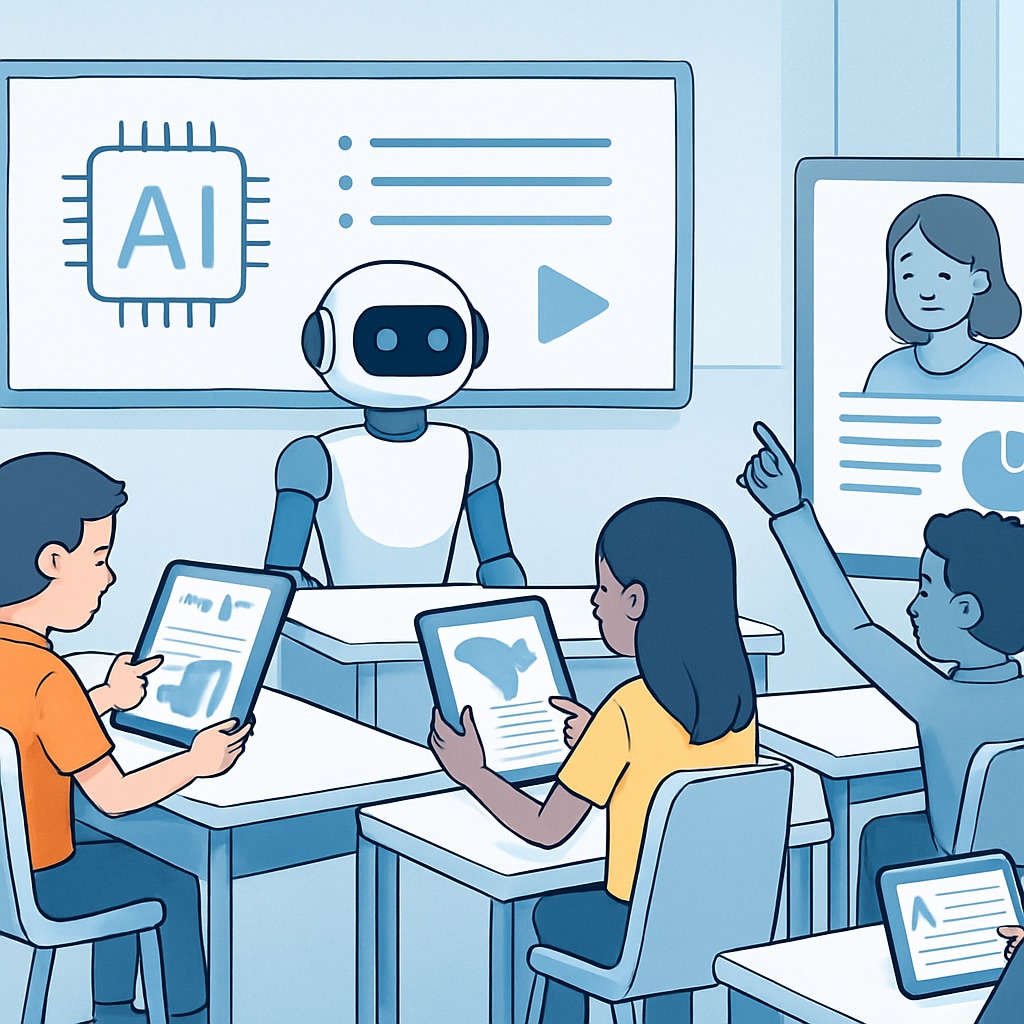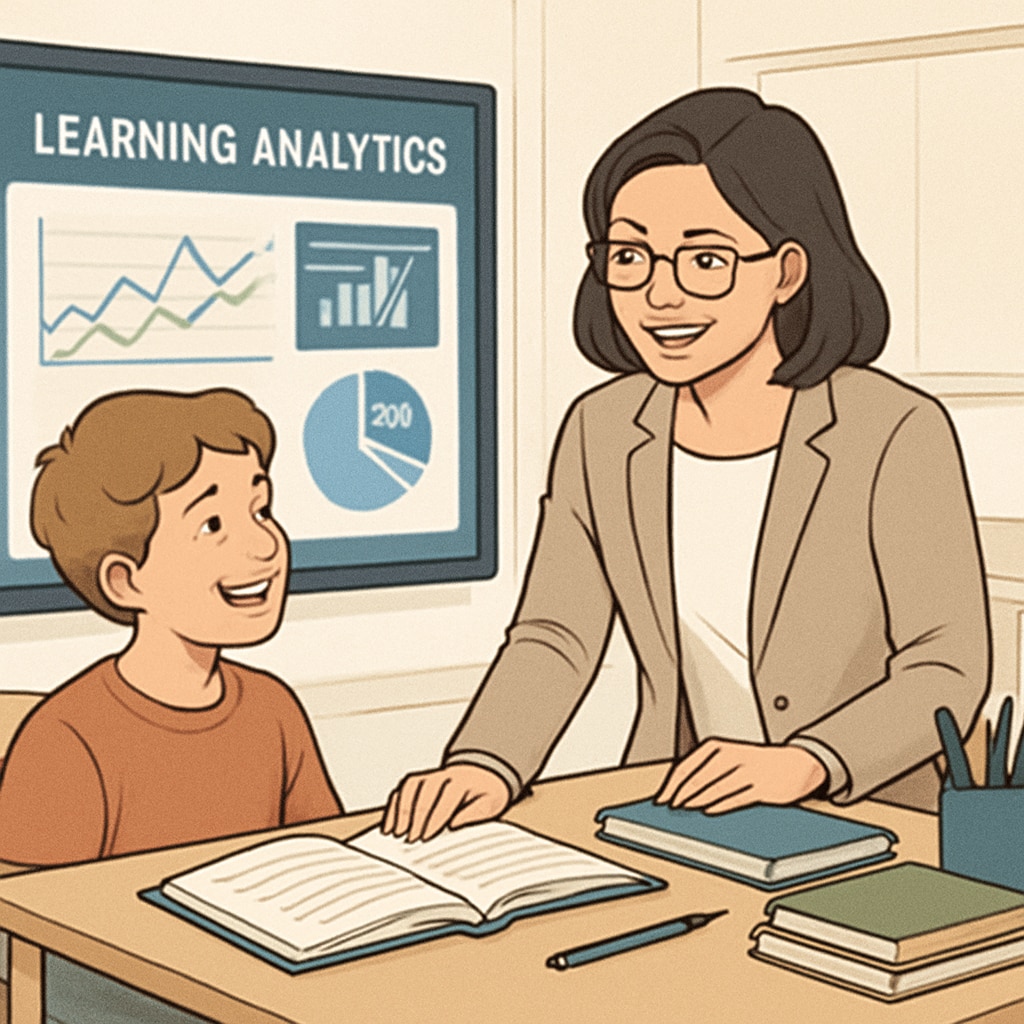Artificial intelligence, education, future impact: these interconnected concepts are poised to redefine K-12 education in the coming decade. As AI technologies evolve, they promise to address long-standing challenges in traditional education systems while unlocking new opportunities for personalized learning and innovative teaching methods. In this article, we examine the potential impacts of AI on the K-12 landscape, including the shift toward adaptive learning environments, changes in teacher roles, and the pursuit of educational equity.
Personalized Learning Powered by AI
One of the most transformative impacts of artificial intelligence in education is its ability to enable personalized learning. Adaptive learning platforms, driven by AI algorithms, can analyze student performance data in real time and tailor lessons to individual needs. For example, AI can adjust the difficulty of questions based on a student’s understanding or provide targeted resources to address specific gaps in knowledge.
Furthermore, AI tools can offer students immediate feedback, helping them to learn more efficiently and stay engaged. This contrasts sharply with traditional classroom methods, where teachers often struggle to meet the diverse needs of every student. By leveraging AI, educators can ensure that each learner receives a customized experience designed to maximize their potential.
- AI-powered learning platforms such as Khan Academy use machine learning to adapt content to individual users.
- Predictive analytics can identify students at risk of falling behind, enabling proactive intervention.

Redefining the Role of Teachers
While artificial intelligence offers exciting opportunities for education, it also necessitates a rethinking of the traditional teacher role. With AI handling many administrative and repetitive tasks, educators can focus more on mentoring, fostering critical thinking, and cultivating creativity in their students. Teachers may also take on new responsibilities as facilitators of technology, guiding students on how to effectively use AI tools for learning.
However, this shift is not without challenges. Educators will need ongoing professional development to stay updated on emerging AI technologies and learn how to integrate these tools into their teaching practices effectively. Collaboration between AI developers and education professionals will be crucial in ensuring that technology complements, rather than replaces, human interaction in classrooms.

Addressing Educational Equity with AI
Another critical area where artificial intelligence can make a significant impact is educational equity. AI can help bridge gaps by providing access to high-quality resources for underprivileged schools and students. For example, virtual tutors powered by AI can offer personalized support to students in remote areas, where qualified teachers are scarce.
Additionally, AI-driven translation tools can break down language barriers, enabling non-native speakers to access educational content in their preferred language. However, ensuring equity also requires addressing potential biases in AI algorithms, as poorly designed systems can inadvertently perpetuate disparities. Policymakers and educators must remain vigilant to ensure that AI serves as a force for inclusion rather than exclusion.
Challenges and Ethical Considerations
While the benefits of artificial intelligence in education are clear, implementing these technologies comes with challenges. Data privacy and security are major concerns, as student information must be safeguarded against misuse. Moreover, ethical questions surrounding the use of AI must be addressed, particularly in terms of algorithmic bias and accountability.
In addition, the cost of deploying AI tools may create disparities between well-funded schools and those with limited budgets. Governments and private organizations will need to work together to ensure equitable access to these technologies.
Conclusion: Artificial intelligence is set to transform K-12 education in ways previously unimaginable. From personalized learning to evolving teaching roles and addressing equity, the future of education will be shaped by the intelligent integration of AI technologies. By proactively addressing challenges and ethical concerns, educators and policymakers can pave the way for a more inclusive and effective educational system.


